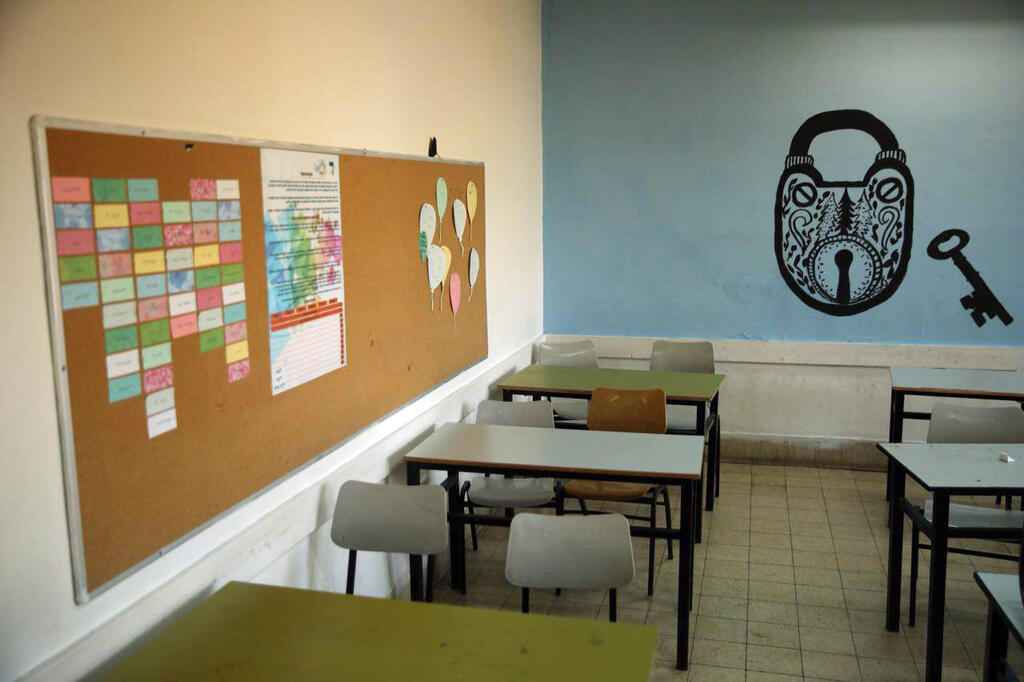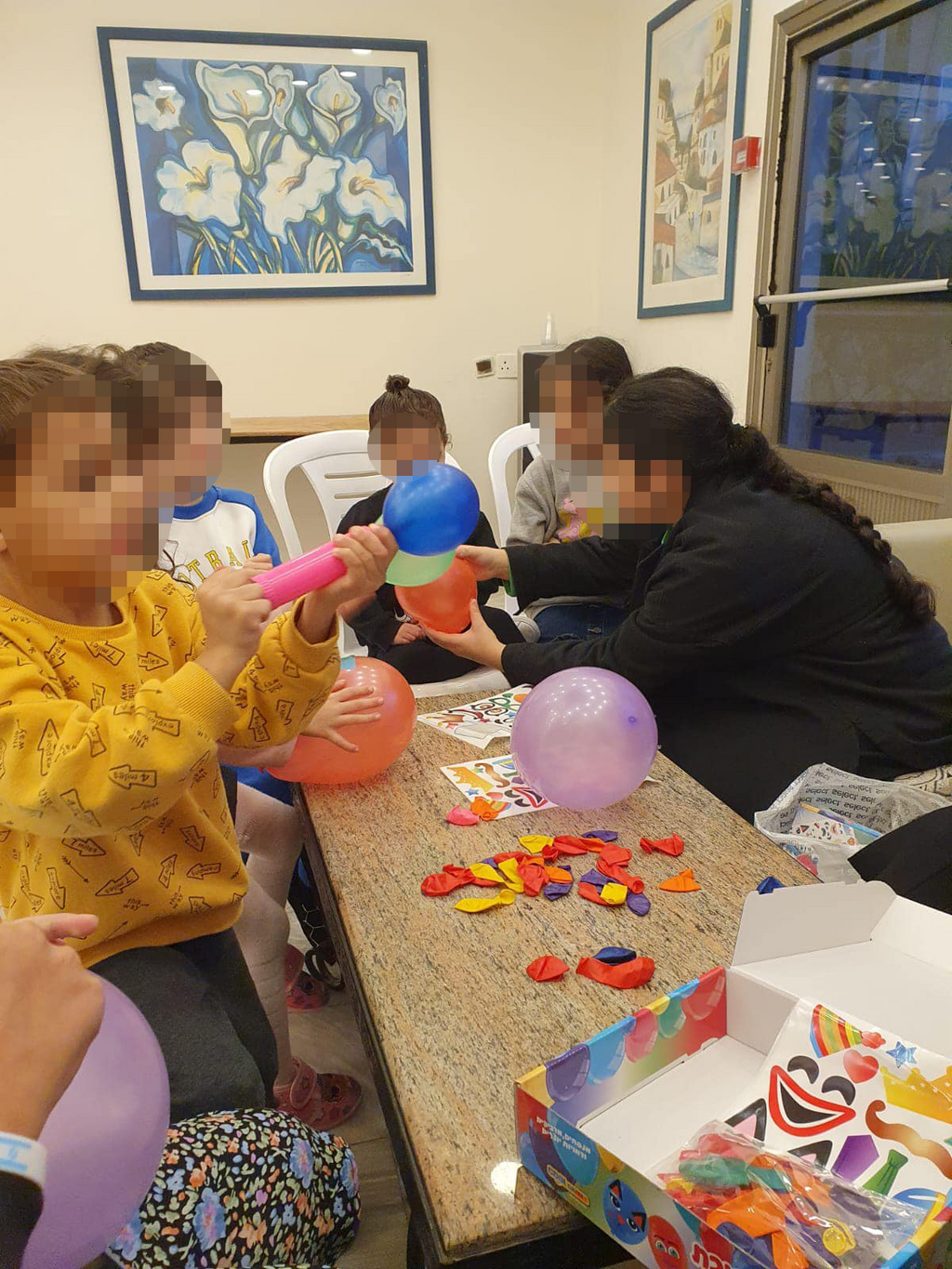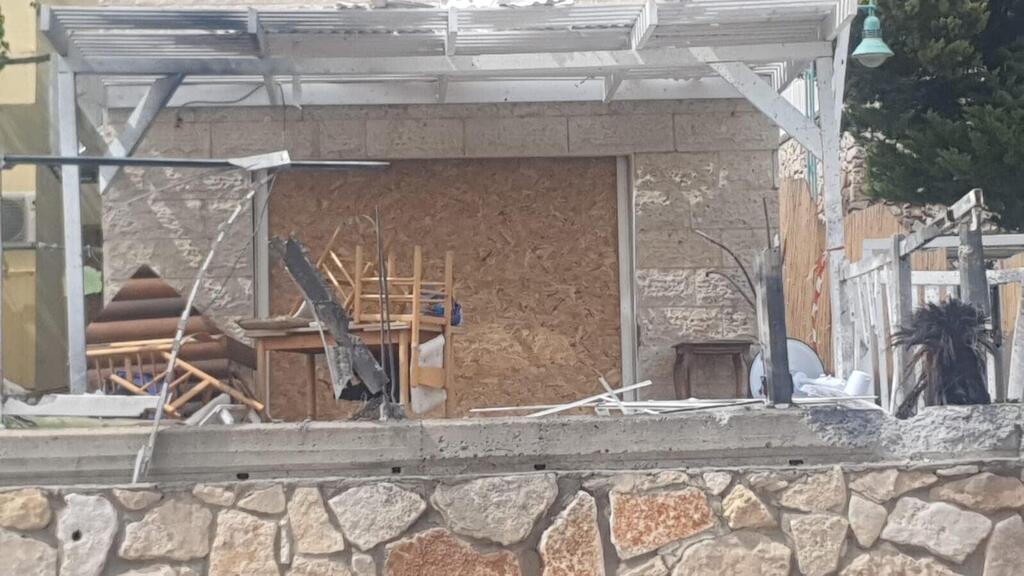From their temporary lodging, Shay and Reut Hanegbi can hear the explosions when missiles are fired from Lebanon towards their hometown of Shlomi near the border with Lebanon, which they were made to leave when the war broke out. They are among around 60,000 Israelis still uprooted from the frontline communities since October, when Hezbollah began attacking Israel.
One rocket fell in their backyard, said Reut, 38, holding their newborn girl Alex in the flat they are renting. It is their fourth dwelling since October. Alex's 11-year-old sister has moved schools three times in that period.
Iranian-backed Hezbollah began its attacks on the north a day after the Hamas' October 7 massacre in the south of the country. Communities 2 miles away from the Lebanese border were hastily evacuated.
The Hanegbis expected their evacuation to last a few weeks at most. But as Israel presses on with its offensive against Hamas in Gaza, it has been trading fire with Hezbollah almost daily.
"It has ended up going on and on. You don't see the end," Shay says. Many homes and farms have been destroyed by guided anti-tank missiles launched from within Lebanon. The airstrikes, shelling and rockets have marked the worst fighting on the Israel-Lebanese front in almost two decades. Although it has not amounted to a war, it risks becoming one, fast. Just on Monday, a strike on Damascus, attributed to Israel, killed two Iranian generals and five military advisers, including at least one Hezbollah member, according to two Lebanese sources, in a high-stakes attack that has drawn an Iranian vow of revenge.
These sort of stories have turned families upside down, not the least of which over the children's schooling, with many left without an educational solution. With that in mind, the Ministry of Education greenlit the development of a dedicated educational facility for displaced students from the northern community of Shlomi, in response to an appeal by Council Head Gabi Naaman.
The facility will comprise 20 classrooms and 12 safe rooms. The students, who had been relocated to 136 distinct educational institutions nationwide, will begin using the new facility in the next schoolyear, if conditions in the north remain unchanged.
Kiryat Shmona, which saw approximately 21,000 of its inhabitants dispersed throughout the country, is also hoping for a similar plan. The Ministry of Education has pledged its support.
The creation of these complexes will address another challenge confronting the evacuees. The authorities that accommodated the students in the current academic year aren't willing to extend the same provision into the next year, reluctant to take in students who may eventually return to their original homes.
"Our community has been shattered. Our children are scattered about," one local council head told Ynet. "I am pushing this initiative forward to mitigate the damage caused by the our communities having been fractured. I believe it's vital to bring the children together, at least the children."
Before the war, Shlomi was home to around 9,000 residents. Approximately two-thirds of have evacuated to the Haifa region, while the remainder spread to other locations including Jerusalem, Tel Aviv, Netanya, Eilat, and Tiberias.
Despite Prime Minister Benjamin Netanyahu's pledge three months ago to the leaders of the frontline communities, that the government would implement a national plan for the Galilee area, this commitment has yet to materialize.
The government's decided a little over a month ago, to extend the evacuation for residents from the northern and southern regions of the country. As per the revised plan, approximately 150,000 evacuees presently live in hotels and will have the option to prolong their stay until July 7.




